Netflix has done something that no other company had really managed to do before; tap into the Japanese film and television market and get a lot of it localised and easily accessible in western markets. While Japanese films remain as rare as hen’s teeth on any of the other subscription platforms and iTunes, and DVDs/Blu-Rays being increasingly inaccessible, Netflix has stood out as genuinely impressive in this regard.
It’s critical that these films and TV series are accessible because, even as Hollywood becomes increasingly homogenised, sterile, safe and shallow, “foreign” cinema thrives on creative ideas, subversion, and just plainly being different. A new Japanese film that has just been launched on Netflix is a good example of this. It’s called Re/Member, and it is truly a unique experience.
It is nominally a horror film, but to call it that would also be misrepresenting it. It starts out as a purely gory horror thing, as a group of misfit school kids find themselves trapped in a time loop, playing a ridiculous, but hideous game: They need to find all the body parts of a murdered little girl before a red demon-monster slaughters them. If they are unsuccessful, they’ll wake up and repeat the day they just experienced. It’s a Groundhog Day time loop deal. Just with a stalker monster and death game thrown in.
About halfway through the film, however, the tone changes completely. There’s a time jump, and we realise that the kids are still trapped in the game, months later. However, their shared experience and nightmares have bonded them, and while they would previously have never spoken to one another, now they’re the closest of friends.
This section plays out like the Persona friendship narrative arcs. They help each other through their problems, strategise their path through the game, share a day at the beach, and seem to be having a really good time of it. It seems that when you remove mortality from death, it stops being something a person dwells on. It really cannot be understated just how much of a shift this is from a very adult kind of horror to Breakfast Club-style teen drama. It’s something that many critics did not appreciate. For example, Greg Wheeler at The Review Geek wrote: “Given how creepy and shocking this film starts off, the fact that this swings so wildly into teen slice of life drama is absolutely bizarre. It’s certainly not helped by several quirky montages, complete with J-pop songs that just do not fit with this.”
And yet… it does fit. At its core, Re/Member is a teen drama and coming-of-age story. When the film shifts back to horror in the third act, we see this because the group find their ability to fight back, and ultimately defeat the monster, through their kinship and trust. Within Re/Member, horror is merely the motif, while the genre is bildungsroman: the nightmare is merely the shared experience that proves to be the catalyst for each character’s growth.
Indeed, perhaps the closest point of comparison for Re/Member is the classic stalker horror game, Clock Tower 3, which was about a girl that goes through her own coming-of-age experience by being stalked by a gauntlet of history’s worst serial killers. Horror is regularly metaphoric for real-world issues: the stalker killers of the Halloweens and Friday the 13ths of the 70’s and 80’s represented the social fear that teens were experimenting with drugs and sex, and the monster was punishment personified. The Saw series has always been about testing a person’s will to live by confronting them with a deadly situation that reflects the darkest aspects of their personalities – it is a metaphoric opportunity for redemption and a reminder to avoid hubris in life. Hostel was an aggressive, but effectively subversive response to capitalism and American imperialism.
Re/Member is deeper than those films, and a more intense metaphor for the uncomfortable and frequently nightmarish coming-of-age experience. The film itself has its mood swings, just like a moody teenager. Furthermore, it ultimately concludes with the suggestion that these bonds between all the characters are just temporary, much like how most of us drift from our school groups once we move into adult life.
In that, it’s an amazingly effective and beautifully shot film, with a bunch of up-and-coming stars in Japanese cinema doing admirable work with the material. It’s also a film that could never have been made in mainstream Hollywood. Those “mood swings” would be seen as disrupting the “tone” of the film. In Hollywood, all three acts of any given film need to be consistent in tone and genre. Beyond that, the depth with which the metaphor is ingrained within the film is asking for a bit too much critical awareness and analysis from the audience. We all saw what happened when Hollywood took The Ring – a masterpiece novel and film adaptation alike – and tried to make it work to Hollywood’s standards. It lost so much of the tragic emotion that sat under the original work that it barely resembled what it claimed to be a remake of. Any Hollywood remake of Re/Member would likely be in a similar situation. That version would up the ante on the horror and the nighttime game, but greatly reduce the “slice of life” middle act, thus largely missing the point of the film.
I know Netflix is struggling through its issues at the moment, but I hope this commitment to “foreign film” continues, because I’m loving the breadth and depth of Japanese cinema that we’re getting.
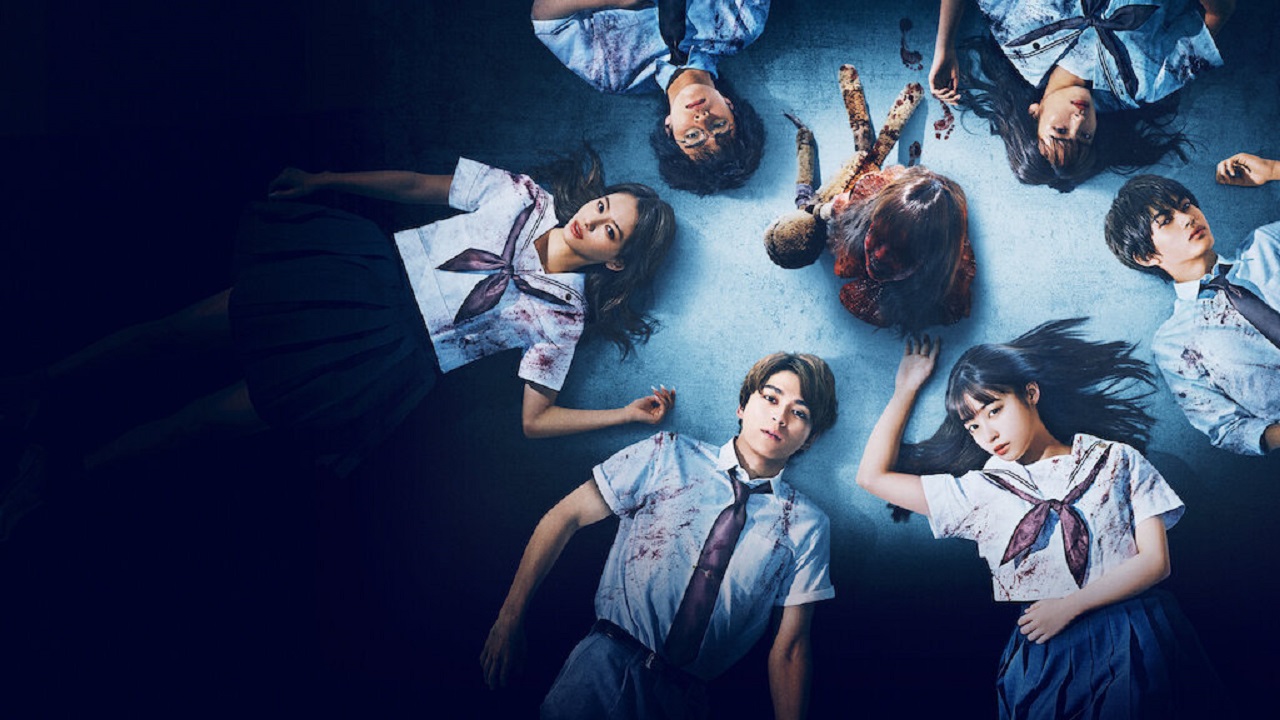

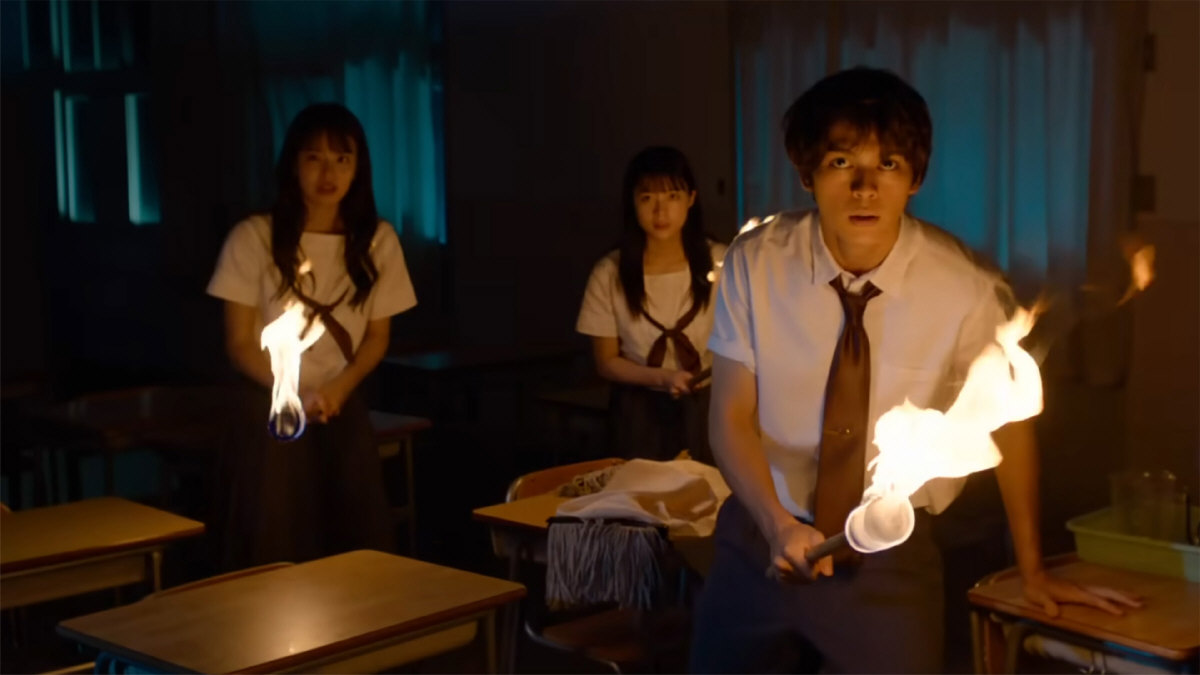
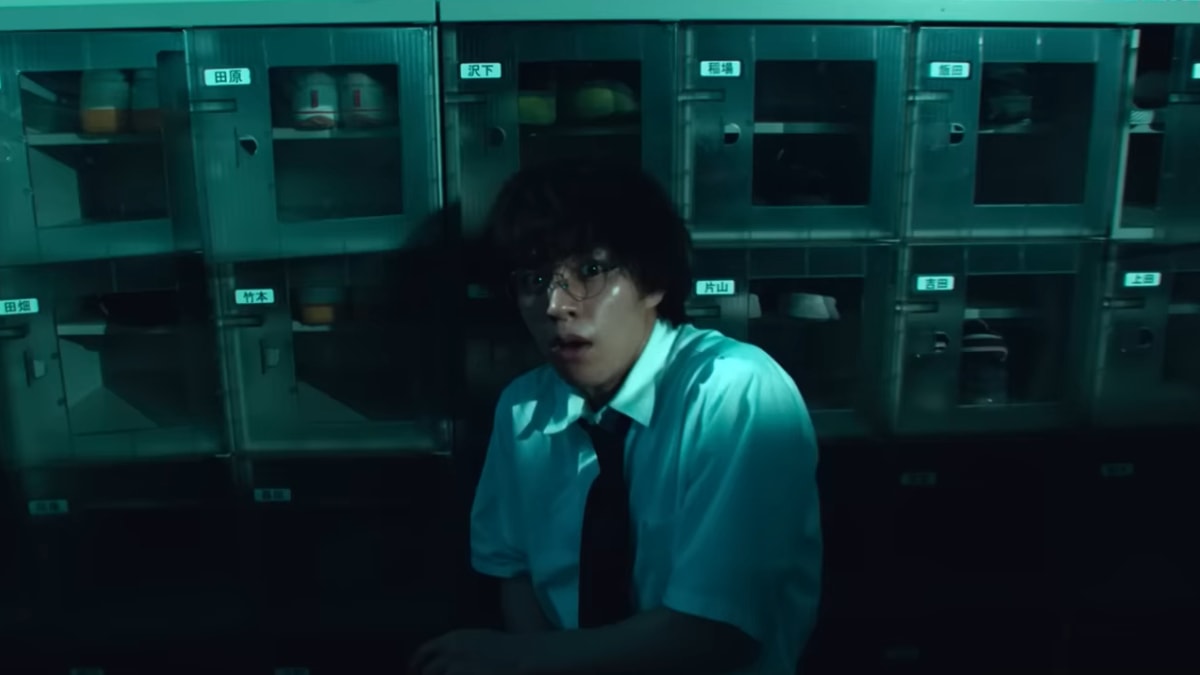
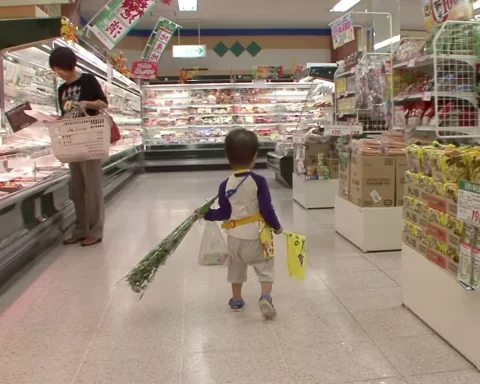
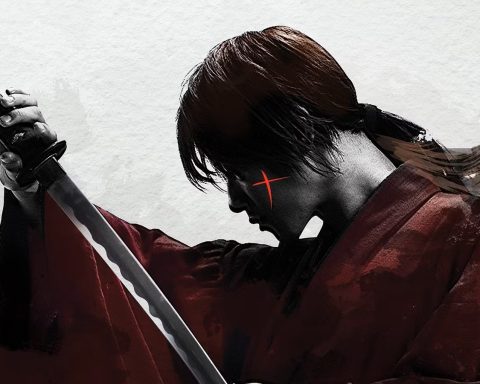
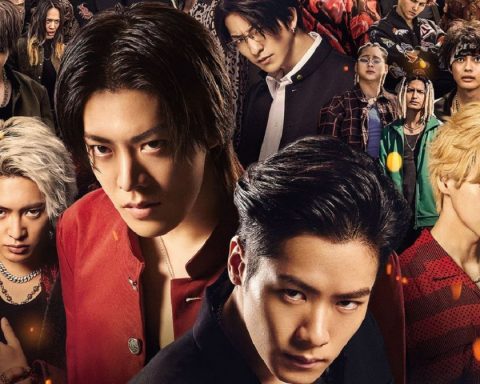
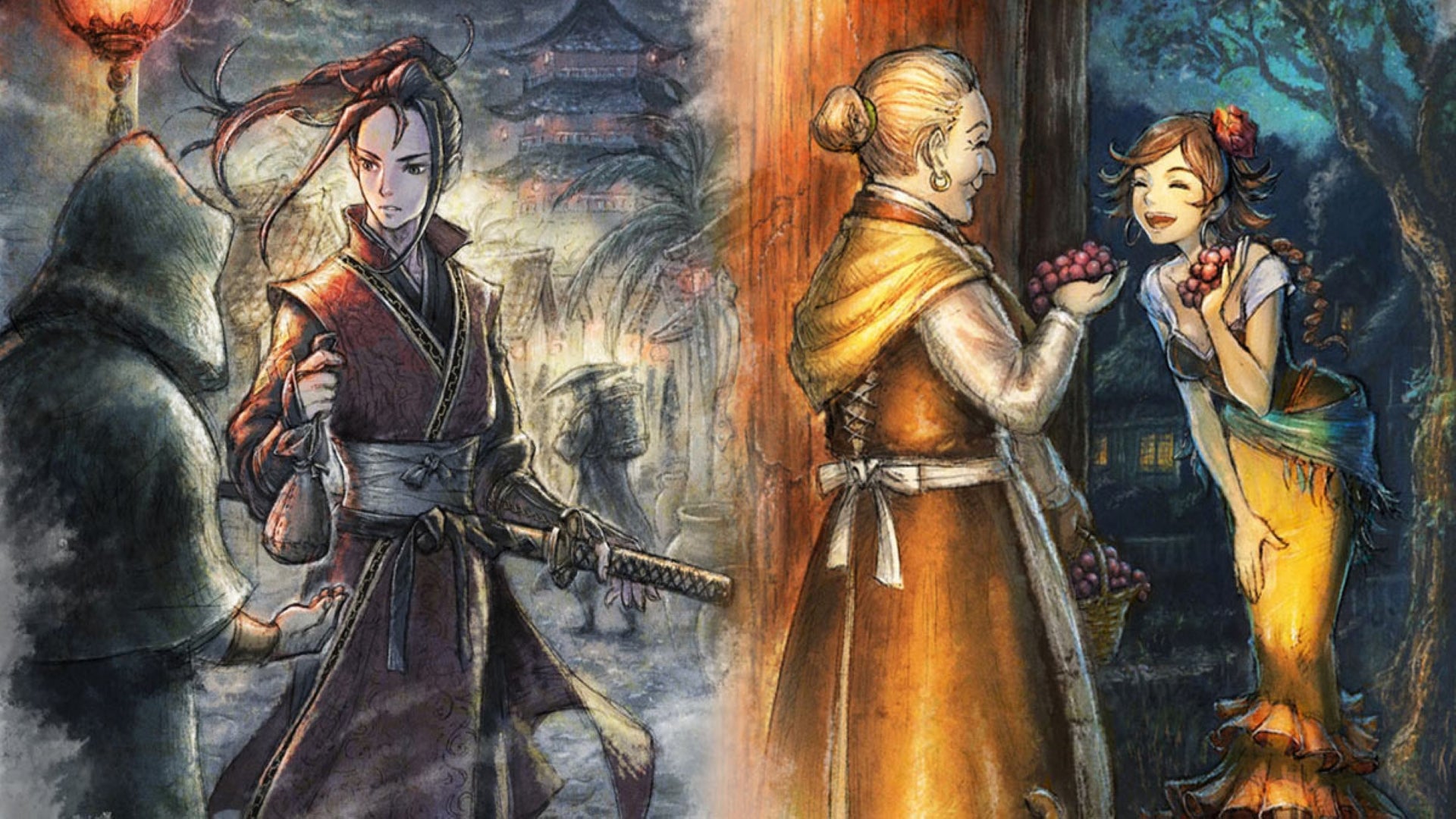

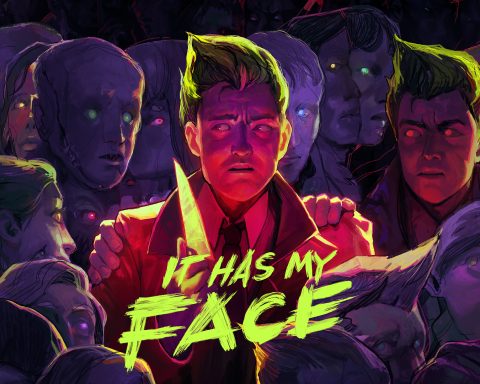




I’m not remotely as high on this film as you but I do think that middle act was the best thing about it and a nice surprise. Sadly for me it was pretty average overall, but I like that it took a swing.
Totally fair enough! This film is going to be a very divisive one, I think, haha. It’s no It Comes (my favourite Japanese horror film of all time), but yeah, I really got along with this one for some reason.
Would make a good game too <_<
Just saw a video called “why we need boring movies” from In/Frame/Out. These boring parts is what always stood out for me in old or foreign movies. It was one of reasons I loved twin peaks.
One way Hollywood movies became homogeneous is by focus testing these type of tone setting scenes out of all their movies. The more their movies feel like a 100 meters sprint, the better.
It’s great more people have the opportunity to appreciate a different type of cinematography. The type I feel in love with, despite falling out of love with cinema altogether these days.
Yeah, there is that. The *trailers* of older films had more expansive plotting and character development than many modern blockbusters lol.